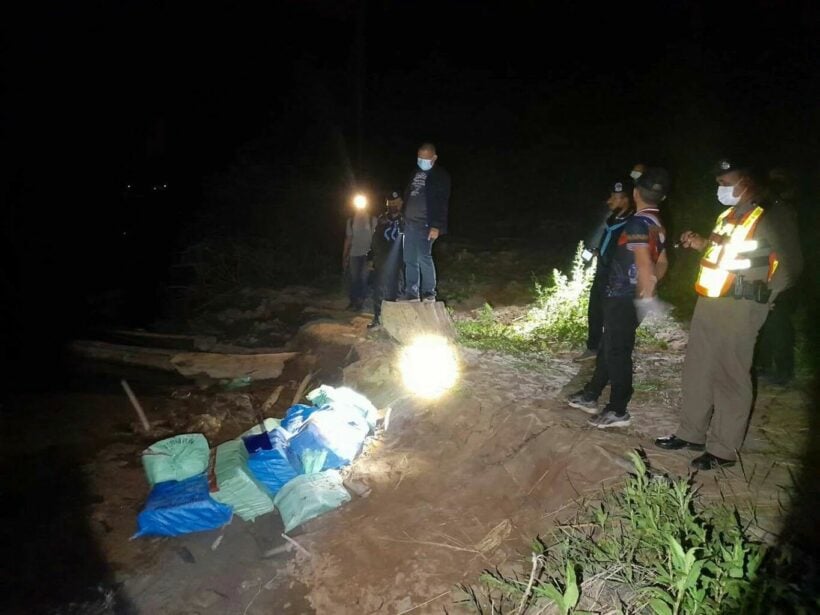Myanmar sees rapid uptick of narcotics production, trafficking since coup

Illicit drug production and trafficking in Myanmar has rapidly increased since the February 2021 military coup, when Tatmadaw (Burmese army) seized power and overthrew the civilian, elected government.
A senior official from the UN Office on Drugs and Crime says, that over the past year, there has been a spike in narcotics production, particularly methamphetamine, in the country’s Shan State near the Golden Triangle where Myanmar, Thailand, and Laos meet.
The assessment comes amidst circulating reports from authorities in Laos, Thailand, and Myanmar that at least 90 million methamphetamine pills and 4.4 tonnes of crystal methamphetamine were caught in busts last month, and the majority were claimed to have been produced in Shan State’s remote border districts, according to a report in Reuters, citing the UNODC.
The UNODC’s regional representative for Southeast Asia, Jeremy Douglas, says methamphetamine production levels were already at extreme levels and there is “no sign it will slow down.”
According to Douglas, the country’s economy was battered after the coup and farmers in Shan State have no other option than to resort to opium production for their income, which is also inextricably linked with conflict, with one fuelling the other.
Figures from Thailand’s Office of Narcotics Control Board show that more than 520 million methamphetamine tablets were seized in the fiscal year from October 2020 to September 2021, up from 361 million in the previous 12 months, although it had declined by 22% to 21.6 tonnes two years ago.
According to analysts and officials, certain ethnic minority factions involved in the illicit drug trade in Myanmar have increased their territory. The United Wa State Army, together with smaller, allied militias, has advanced forces south in recent weeks, strengthening their territorial control over Shan State.
Although other armed groups are also involved in the trade, a territory controlled by the UWSA has long been used for illegal drug production.
SOURCE: Reuters
Latest Thailand News
Follow The Thaiger on Google News:


























